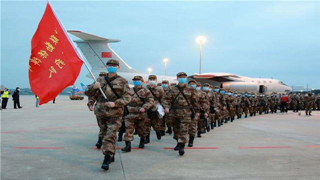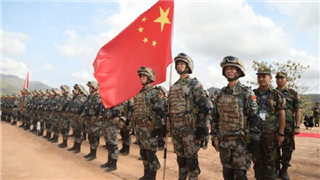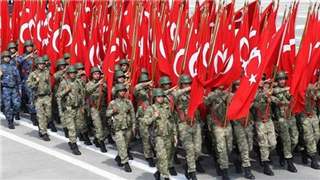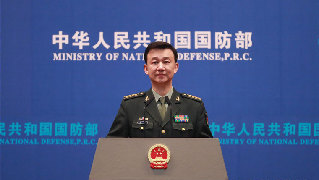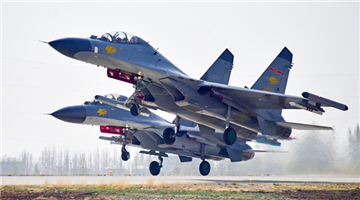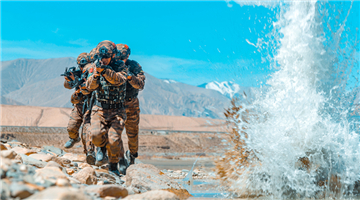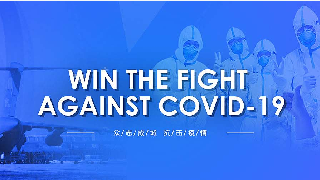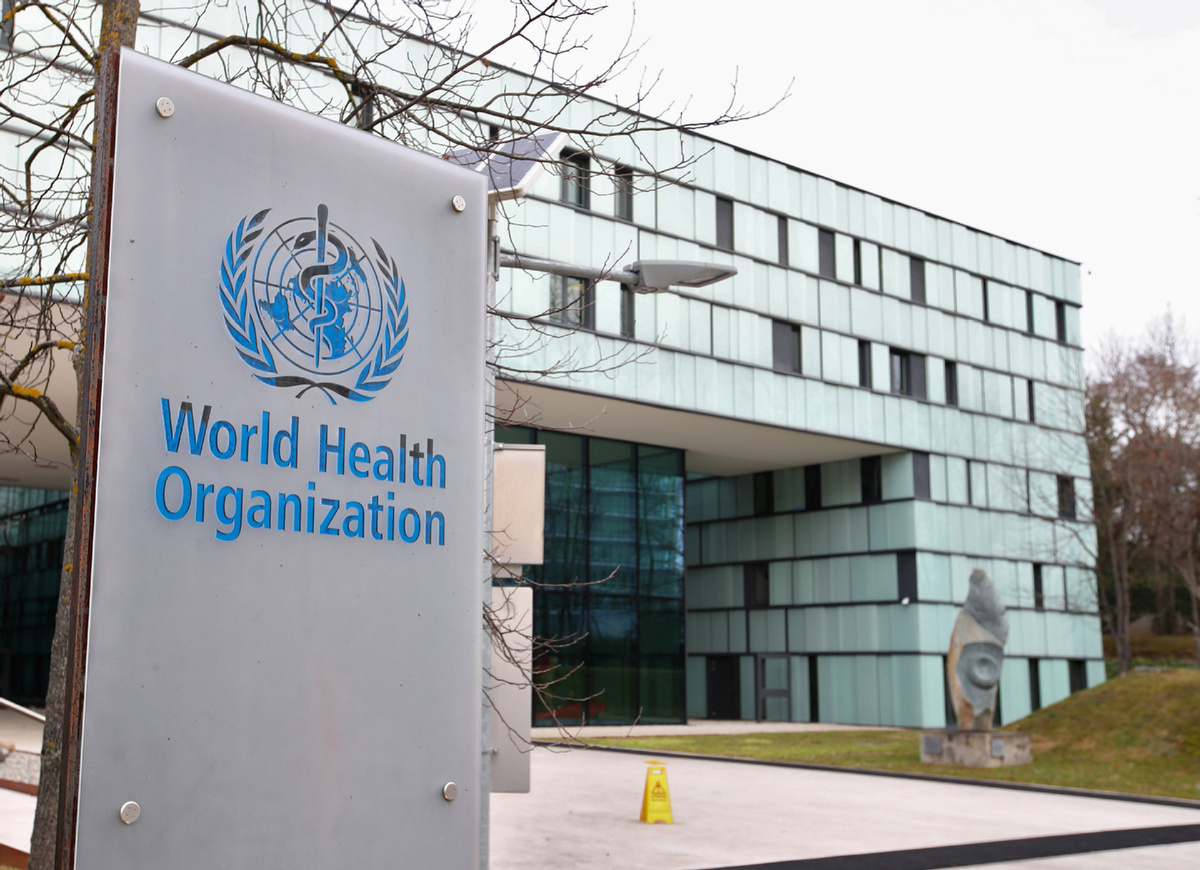
By Osidipe Adekunle
With the outbreak of the novel coronavirus, a wave of xenophobia hit parts of the globe. In many countries, it spread like wildfire-like the virus itself. Anxiety, fear, resentment and all forms of discrimination that go hand in hand with xenophobia began to manifest themselves in many countries.
Many people of Asian origin, especially Chinese, have been subjected to various forms of racial discrimination, although some brave ones have reacted in creative ways to show that being an Asian or a Chinese is not equal to being a virus carrier, unlike what some tend to believe.
The quick intervention of the World Health Organization, which identified and named the virus and the disease caused by the virus-SARS-COV-2 and COVID-19-should have brought the ugly wave of racism to rest. Sadly, that did not happen.
Coronaviruses are not new to humanity. According to the United States Centers for Disease Control and Prevention, people around the world have been infected with coronaviruses such as 229E, NL63, OC43 and HKU1. On the other hand, there are coronaviruses that are transmitted by animals to humans, which subsequently mutate to make people sick.
Even outbreaks of coronaviruses, which cause respiratory problems in humans ranging from common cold to more severe diseases such as the Middle East respiratory syndrome and severe acute respiratory syndrome, and now COVID-19 leading to fatalities, are not new. And the WHO has acted responsibly by not naming any of the diseases caused by coronaviruses after a country, region or community to avoid undue racial profiling and stigmatization, which could undermine the joint efforts needed to contain the spread of the virus.
The fueling of racism has not only hindered the fight against the pandemic, but also weakened the collective resilience that had gathered steam since the virus and the disease were identified as a public enemy by the world health body.
Also, those fanning the flames of racism at this critical juncture will take humanity back to the dark ages of segregation complete with its negative consequences.
In the era of globalization, global governance requires collective sharing of responsibilities for the good of humanity. Viruses are non-discriminatory, respect no borders, and are loyal to no community or religion. That the novel coronavirus, in particular, is non-partisan is evident from the fact that one Republican and one Democrat were the first two positive cases in the US House of Representatives.
The trajectory of COVID-19 shows the discriminatory attitude of some people, especially Western politicians, has had a negative effect on the fight against the virus. In the initial stages, many viewed the virus as a Chinese problem and expected China to deal with it. By not seeing the virus as a common human enemy, they wasted precious time, which could have been used for building solidarity in the fight against the virus.
Also, in the initial stages of the outbreak, the media were expected to play the role of a catalyst in bolstering the campaign against racism, finger-pointing, false accusations and fake news. But many media outlets failed to live up to that expectation.
Consequently, many countries did not take preemptive measures that would have prevented the global situation from being as bad as it is today. It is, however, refreshing to see many global mainstream media outlets gradually waking up to the challenge and playing their due role of educating the public about how to prevent the spread of the disease and help contain the outbreak. The WHO has repeatedly warned against racism and stigmatization, and taken measures to boost the global fight against the pandemic.
Therefore, everyone, especially national and opinion leaders, should ensure that their actions, directly or indirectly, do not jeopardize the global fight against the virus, and instead promote solidarity, resilience and hope. The global fight against the virus has yielded results in certain places as a result of people and nations coming to the help of one another. To ensure this progress does not lose steam, individuals, organizations, especially media outlets, and governments across the world should desist from making racist and discriminatory comments.
The author is a researcher at the Research Center for China Africa Education Cooperation, Institute of African Studies, Zhejiang Normal University. The views don't necessarily reflect those of China Military Online.
